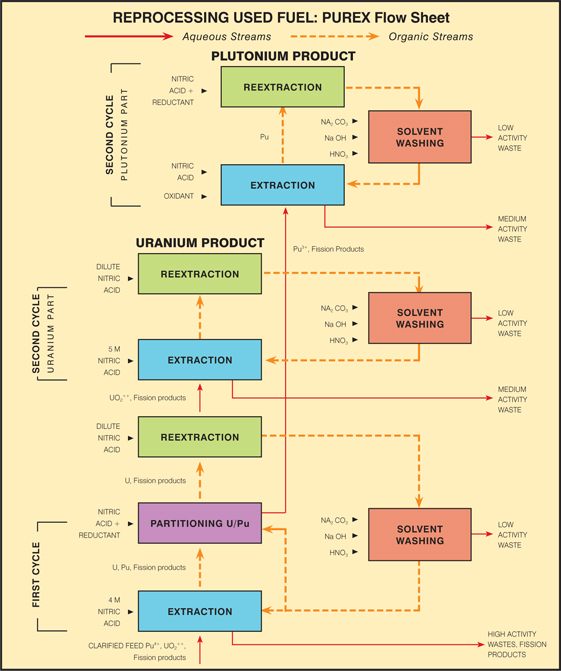Nuclear weapons are a threat to the existence of the human race. The U.S. and Russia possess large arsenals of thousands of nuclear warheads. Other countries such as the U.K, France, China, Pakistan, India and Israel only a few hundred nuclear warheads at most. It has been estimated that the detonation of as few as a hundred nuclear warheads anywhere in the world could cause a "nuclear winter" by blocking out the sun for years and destroying agricultural production. Beyond the millions incinerated by the nuclear detonations, billions more would starve in a few years. This would completely destroy human civilization.
There are two main tracks to the removal of this existential threat. One is the effort to reduce the number of nuclear warheads. The U.S. and the Soviet Union followed by the Russians have reduced arsenals from tens of thousands of warheads at the height of the Cold War to a few thousand today. There are groups working hard to reduce this number even further.
The other track is to reduce the proliferation of nuclear weapons. One way to do this is to discourage the production of plutonium which is one of the elements used to create nuclear weapons. Plutonium is produced naturally in nuclear reactors as nuclear fuel is burned. In order to extract pure plutonium from spent nuclear fuel, special reprocessing facilities and technologies are required. Those opposed to the spread of nuclear weapons work to prevent the use of existing facilities and the construction of new facilities for plutonium extraction. There is currently about 300 metric tons of plutonium in world.
China recently announced their plans to proceed with the construction of a "commercial scale" facility for extracting plutonium from spent nuclear fuel. The facility is slated to begin construction around 2020 and take a decade to complete. The Chinese are strongly committed to nuclear power and one third of the new builds under construction or being planned are in China. Although the U.S. says that plutonium reprocessing is not commercially viable, China may consider it a strategic necessity to insure an internal supply of fuel for their reactor fleet in the future. The U.S. Secretary of Energy has spoken out strongly against the Chinese plans. He said, "We don’t support large-scale reprocessing,” and that the Chinese reprocessing plant "certainly isn’t a positive in terms of nonproliferation."
In the U.S., spent nuclear fuel is stored and reprocessing is prohibited because of concerns over nuclear proliferation. In other countries that utilize nuclear power such as France and Japan, the plutonium is reprocessed and plutonium is extracted for use a as a nuclear fuel. One of the concerns of the U.S. is that big stockpiles of plutonium could easily be used to make nuclear weapons by the countries that possess them and that the plutonium would also be a tempting target for terrorists.
The U.S. is especially worried about reprocessing and proliferation in Asia where there is less international cooperation and less transparency. The recent actions and statement of North Korea with respect to nuclear weapons has the whole region on edge. Both South Korea and Japan which have historically rejected nuclear weapons are upset enough for there to be increasing calls to consider building their own nuclear weapons. In addition, if the Chinese accumulate big stockpiles of plutonium, Japan will have additional incentive to develop nuclear weapons in response.
